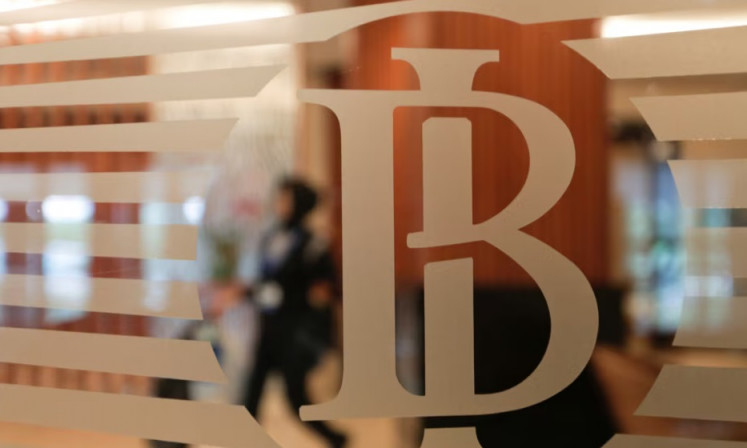Popular Reads
Top Results
Can't find what you're looking for?
View all search resultsPopular Reads
Top Results
Can't find what you're looking for?
View all search resultsAn alarm to mitigate Indonesian tourism
The Surabaya church bombings on May 13 and other incidents of terror following the earlier riot of terrorist inmates has had significant impacts on the country economically
Change text size
Gift Premium Articles
to Anyone
T
he Surabaya church bombings on May 13 and other incidents of terror following the earlier riot of terrorist inmates has had significant impacts on the country economically. At least, three developed countries — United Kingdom, Australia and New Zealand — among the top 10 in Indonesia’s tourism market, have issued travel advisories to its citizens, warning them to stay aware of the threat of terrorism that remains high in Indonesia.
This raises the need for an integrated solution to anticipate bad impacts on Indonesian tourism, to be more resilient to the impacts of terrorism.
Back in October 2002, when terrorists first bombed Bali, our primary tourist destination, we were all caught totally unprepared to cope with such a nightmarish tragedy. Foreign exchange revenue plunged by 20.2 percent at that time.
The local government in Badung regency, Bali admitted at least 10 years of recovery were needed. Thus, we don’t want this to happen in Surabaya or in the other areas where terrorist attacks might occur in the future.
The Surabaya bombings overlap the 2002 Bali attacks in many ways. Both places contribute significantly to international tourist arrivals. Even though the death toll in Surabaya was far lower than the 202 killed in Bali in 2002, the impact still demands special attention. Readiness to deal with such potential bombings is urgent.
All tourism stakeholders, including both local and central governments, must maintain the image of destinations to tackle the negative perception following terrorist attacks.
Building a good image means tourism promoters and authorities should not cover up negative news about destinations, such as those affected by terrorist attacks. Prompt reactions and measures taken by local and national governments would bring forth positive signals that the governments are doing everything they can to ensure the safety of residents and foreign visitors.
In the wake of the bombings, President Joko “Jokowi” Widodo immediately visited Surabaya and accompanied Mayor Tri Rismaharini and East Java Governor Soekarwo to meet with survivors.
This was a positive signal that strengthened the President’s stated resolve to fight terrorism.
Such signs of national and local government commitment to ensure everyone’s security, spread through respectable media, would contribute greatly to save the future of Indonesian tourism, which has set the minimum target of 20 million international tourist arrivals in 2019.
The use of the YouTube channel and other social media should be increased, just like what Jokowi has been doing through his popular vlogs, to restore potential international tourist confidence to visit Indonesia.
It is also critical for all Indonesian tourism stakeholders to emphasize what is being done for people’s personal safety to reduce the fears and feelings of insecurity of potential visitors.
An important measure was the passing of the recent terrorism bill on May 24, to better prevent and overcome terrorism.
Tourism stakeholders could also propose a framework for developing an antiterror strategy for tourist destinations, including training and development of crisis response skills and risk assessment and disaster contingency plans of their respective managements, as Alexandros Paraskevas and Beverly Arendell wrote in 2007. By employing all of those measures, Indonesian tourism will hopefully be better prepared and more resilient to the impacts of terrorism.
_________________________
The writer is a PhD student at Victoria University Melbourne, Australia with a research focus on the green economy in tourism; and a lecturer in communication science at Persada Indonesia University
(UPI YAI), Jakarta.










